What one activist court can do, another can undo
Labor and Anthony Albanese have zero interest in depoliticising our legal system. The task of untethering politics from the law must be added to Peter Dutton’s to-do list.
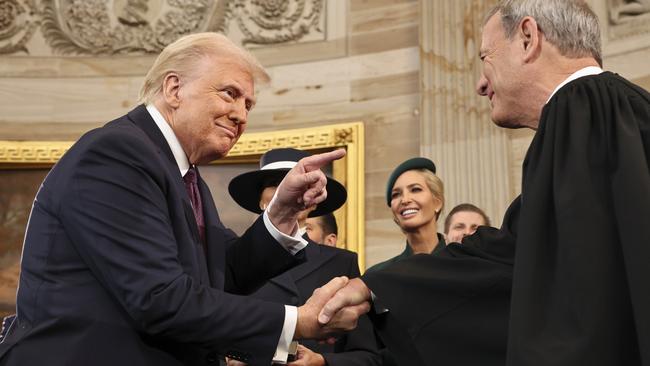
This tawdry form of diplomatic immunity in your own country for the ruling elite and their family is usually reserved for tin-pot dictators. It doesn’t take a genius to work out that Trump family members will be heartened to know that if they commit a crime during the next four years Biden has given the 47th President a wicked new precedent.
Still, Biden’s extraordinary behaviour is the inevitable consequence of a decades-long process of politicisation of the US legal system. And before Republicans gloat at the hypocrisy of a Democrat president nakedly trashing sanctimonious Democrat lectures about the rule of law, let’s remember the bastardisation of the US legal system has been a fully bipartisan exercise.
President Donald Trump’s use of the pardon power in his first term was not exactly exemplary. His pardon on Monday (Tuesday AEDT) of the January 6 rioters, including those charged with violent crimes, is another stinker.
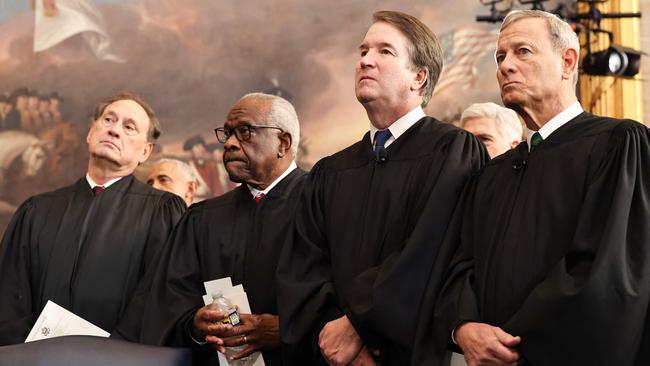
Trump’s new Veep is no exemplar, either. In 2021, JD Vance urged Trump to ignore court orders he didn’t agree with, suggesting he “stand before the country like Andrew Jackson did, and say, ‘The chief justice has made his ruling. Now let him enforce it’ ”. This may be normal in Iran. Not so much in a country whose constitution sets up a series of checks and balances against autocratic rule.
But such has been the bastardisation of the court process by both sides of politics that such outrageous abuses of the power to pardon are a completely rational response.
One of the more woeful features of American democracy is that for many decades both sides of US politics have engaged in usually incremental, but occasionally radical, measures to politicise the legal system.
Even worse, the US judiciary has aided and abetted the effort, indeed, occasionally dreamt up more outlandish bits of judicial activism than are likely to have occurred even to the most inventive politician. It’s not all the fault of individual judges or politicians, though – the American bill of rights is a vague and esoteric document that is in effect an institutional invitation to judges to make laws and to politicians to ask them to do so.
All this stands as a dire warning to Australian judges and politicians – do not go down this path. Do not pass laws that turn judges into politicians or even give them the fig leaf of an excuse to do so. Do not appoint judges who will use their office to bypass black-letter law to advance their own personal conceptions of justice or fairness, or indeed do anything more expansive than implement the law strictly as it stands.
On the other hand, do appoint judges to our highest court who will ensure that errant lower court judges straying into politics or freelancing on social engineering are severely caned and put back in their box.
Always remember that while ideas about what is just or moral are highly contestable and should be left to elected politicians, a good judge simply implements the law they find before them.
While the politicisation of the US legal system has been a longstanding historical risk, stemming from the language of its constitution, the post-war Warren and Burger Supreme Courts raised the risk to previously unseen levels. Activist Supreme Court judges wanted to update the law to reflect what they saw as contemporary standards of justice and morality. They saw the business of being a judge as akin to a pottery class; sophisticated artists moulding laws to align with their preferred social trends. They worried legislatures were too slow or too stupid, or both, to make the changes they thought necessary in a timely way.
Not for them the judicial restraint of deferring to politicians and the people to change the law or the modesty of recognising that difficult moral and social issues are contestable and complex, and judges are not best equipped to resolve them.
Judicial activists despised “originalist” views of the US constitution that said if you want to change the original meaning of the constitution, the people’s elected representatives should make that change in accordance with the process for amendment set out in the founding document.
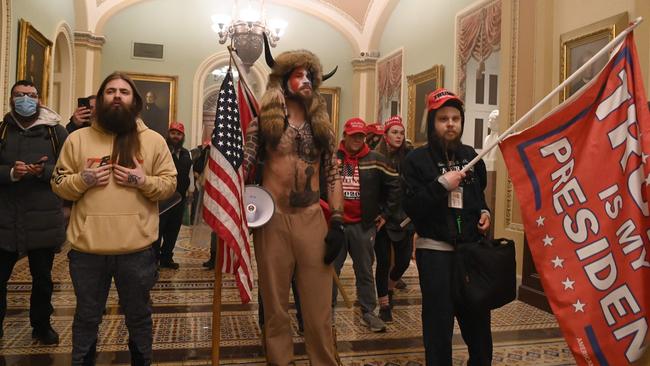
For a while, progressives applauded the Warren and Burger courts for pushing the boundaries of judicial power.
They cheered to the rafters when, in 1973, the Burger court in Roe v Wade invented a national right to abortion.
But they forgot that what one boundary-pushing court can do, another can undo. In the Dobbs decision in 2022, the Roberts Supreme Court, now dominated by judicial conservatives, engaged in an inevitable piece of equal and opposite assertiveness, and returned the issue to individual states for determination.
If, in 1973, abortion had been left with individual states to decide, it would have been settled long ago by political means by individual states in accordance with the wishes of their differing electorates, as is now happening. Instead, the Burger court, by its act of judicial self-aggrandisement in Roe, cemented 50 years of division and social unrest.
The adventurism of the Burger and Warren courts unleashed much more than a bleeding social wound over abortion. It legitimised the idea that legal creativity of all kinds can be harnessed for political objectives. This trend has hit a new peak since the emergence of Trump.
Whatever your views of Trump and his MAGA friends, it’s hard to think of any person or group who has been on the receiving end of as much legal creativity and hard work as them.
From two impeachment efforts to numerous civil and criminal cases, the might of the US legal system has been marshalled against Trump. It has been at least partly successful. Unless his New York conviction is overturned, the US President stands a convicted felon.
Note that most American voters happily re-elected Trump as their 47th President in full knowledge of his legal tribulations.
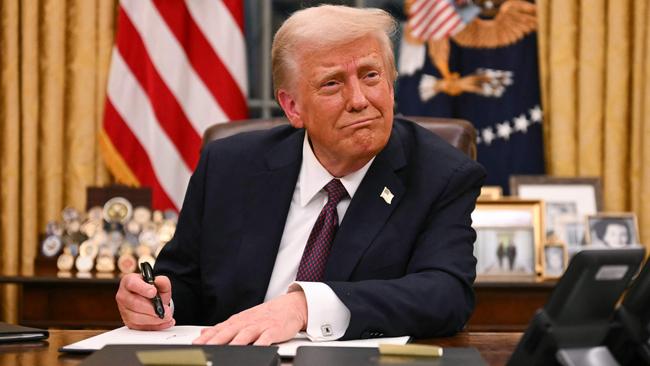
When voters promote a convicted felon to the White House, it’s logical to surmise that they simultaneously passed judgment on their own legal system. Or at least on the legal system in the state of New York. It’s reasonable to conclude that, at a minimum, most US voters appear to think the New York court process and jury finding was a partisan joke.
I would not want any part of our legal jurisdiction to be held in such contempt as showcased in the US. Therefore, we should do everything we can to avoid Australians ever concluding that our legal system is simply a form of politics by another name.
After all, there are similar attempts by political activists to hijack our legal system. The conviction of Cardinal George Pell is the most wicked example of politicised lawfare in Australia.
A shameful hue and cry, joined in by politicians and pundits alike, led to Pell being tried for sexual assault offences on the flimsiest evidence. He became, in effect, the sacrificial lamb for the Catholic Church, a victim of activists seeking to punish him, not just for his Catholicism but also for his own muscular conservatism.
The pile-on was so overwhelming it reached into the jury room. They were conned so egregiously that the High Court took the unusual step of not merely overruling the jury and ordering a new trial but directing that Pell be acquitted. The cost to Victoria’s police and legal system has been enormous. The reputation of both institutions remains tarnished.
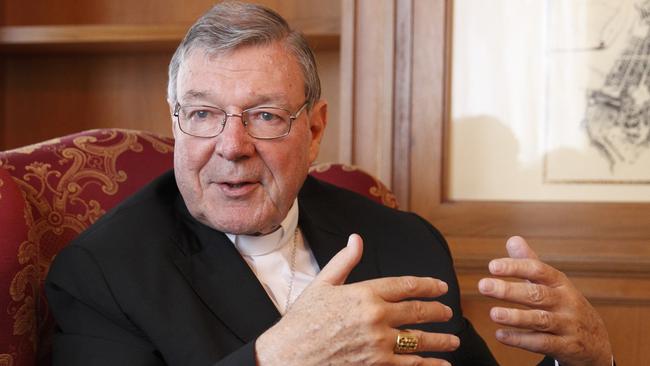
Another shocking recent example of the politicisation of the legal system in Australia involves the tactics used by the Environmental Defenders Office and its chosen expert, Michael O’Leary. So desperate were the EDO and O’Leary to block Santos’ $5.8bn Barossa gas project in the Timor Sea, they filed evidence and reports in the Federal Court that Federal Court judge Natalie Charlesworth called “so lacking in integrity that no weight can be placed on them”.
The extra-curricular behaviour of some judges also gives rise to concerns. When Australian judges allow themselves to be photographed with successful litigants, as Federal Court Chief Justice Debra Mortimer recently did with successful native title litigants, or express views even they acknowledge are controversial about sexual assault laws or trials, as ACT Chief Justice Lucy McCallum recently did, we risk heading down that politicisation path.
When the cream of Australia’s barristers and law firms, backed by their respective Bar associations and law societies, vociferously backs a radical constitutional proposal the population at large hates, or when these elites push diversity, equity and inclusion policies and associated education camps, the risks grow.
Labor and Anthony Albanese have zero interest in the depoliticisation of our legal system. On the contrary, they regard the law as a platform to secure left-wing outcomes they can’t get through parliament.
So the task of untethering politics from the law must be added to Peter Dutton’s to-do list.


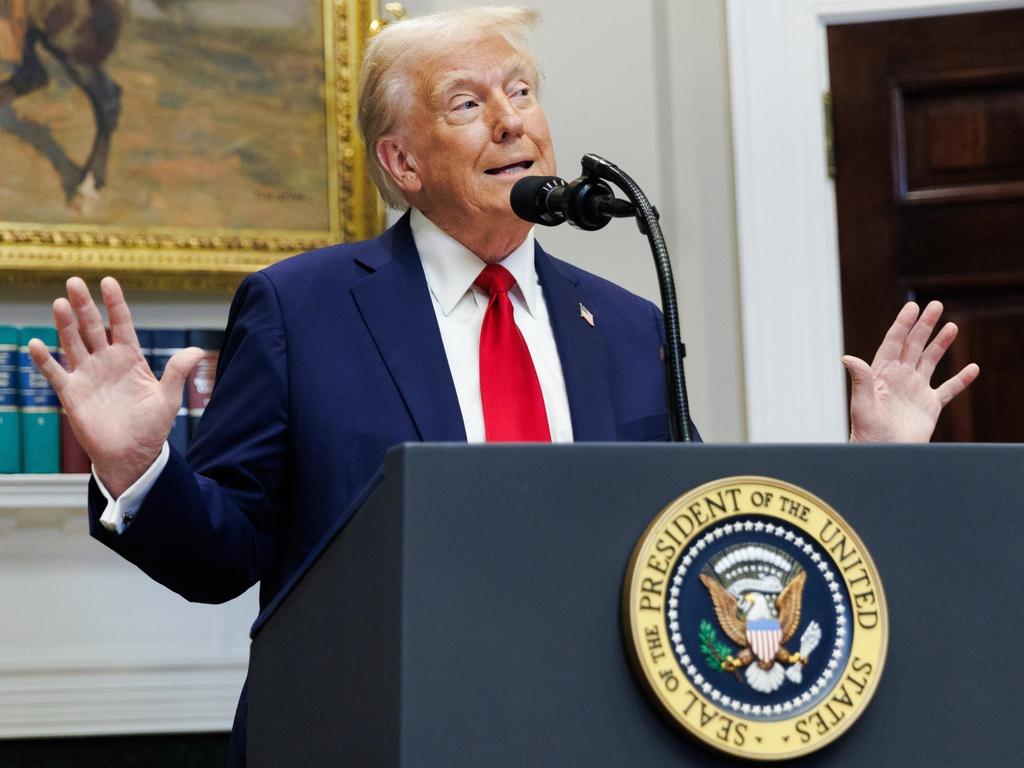



Even by the normal standards of political chutzpah, president Joe Biden’s disgraceful minute-to-midnight pre-emptive pardons for his siblings and their spouses is a doozy. No charges have been laid against any of them. But, just in case, Biden has made sure they’re off the hook for any nonviolent crimes committed before 11.38am, Washington DC time, on Monday, January 20, 2025.